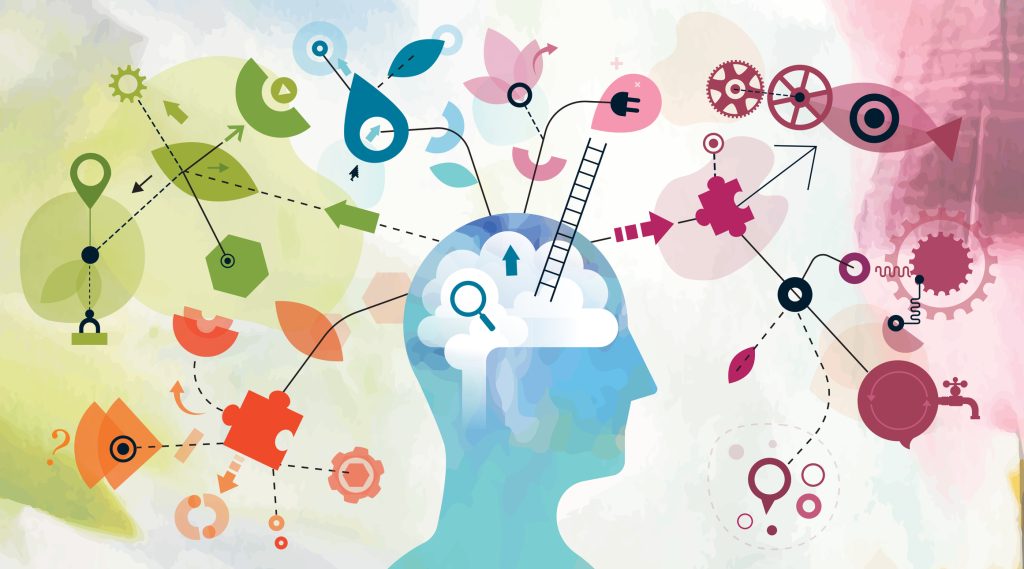Introduction: Seeing the Bigger Picture
What if the world isn’t made up of isolated problems, but of interconnected systems waiting to be understood? What if every challenge—from climate change to traffic jams—had roots that extend far beyond what’s immediately visible? Systems thinking invites you into a new way of seeing: a mindset of curiosity, pattern recognition, and context. Rather than jumping to solutions, systems thinkers step back. They look wider. They trace connections, ask better questions, and seek understanding before intervention.
This book is an invitation to that shift in perspective. Systems thinking is more than an academic tool—it’s a life skill. Whether you’re analyzing a global supply chain or managing relationships in your workplace, systems thinking teaches you how to make sense of complexity. It helps you understand how causes and effects ripple through time, how feedback loops shape outcomes, and how seemingly small decisions can have surprising consequences. In short, systems thinking equips you to navigate—and influence—the world more wisely.
In exploring systems logic and its relationship to sustainability, you’ll come to see that sustainability isn’t a checklist—it’s a dynamic way of interacting with the systems that support life. Our social structures, economic practices, and environmental realities are not separate lanes—they’re all part of the same living network. Understanding that network is the first step toward transforming it. With tools like feedback loops, leverage points, and mental models, you’ll learn how to not just react to problems but reshape the systems that cause them.
Throughout this journey, you’ll be encouraged to reflect on your place within these systems. You are not an outsider looking in—you are a participant. This book is about more than learning definitions or concepts; it’s about developing your capacity to think critically, to ask different questions, and to embrace the messy, beautiful complexity of the world around you!


